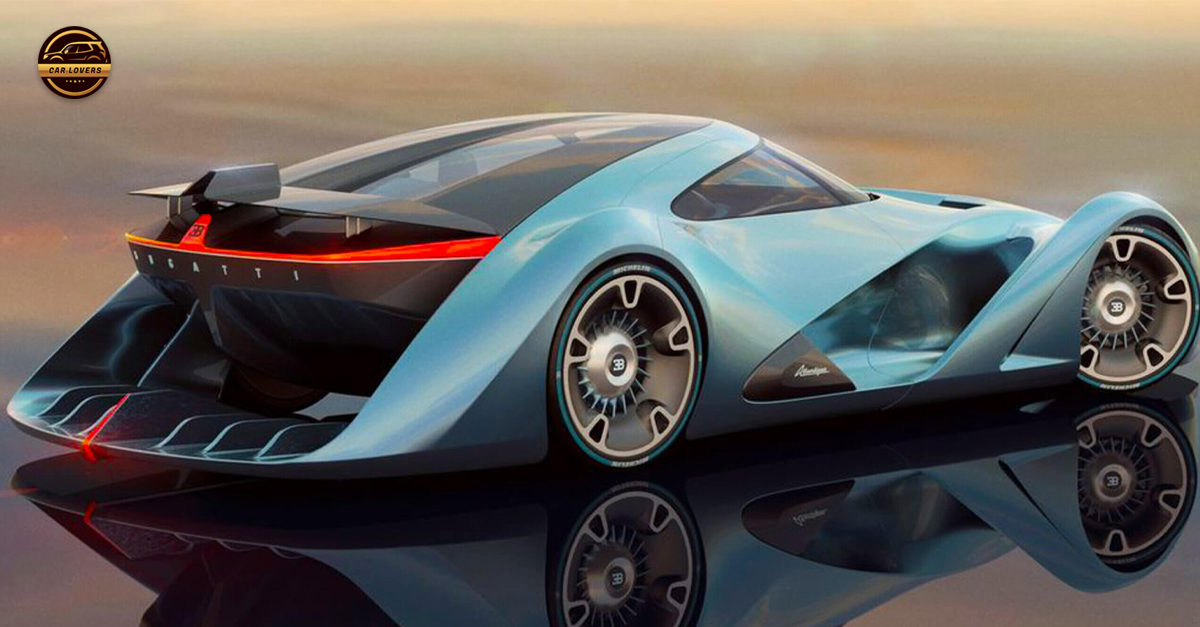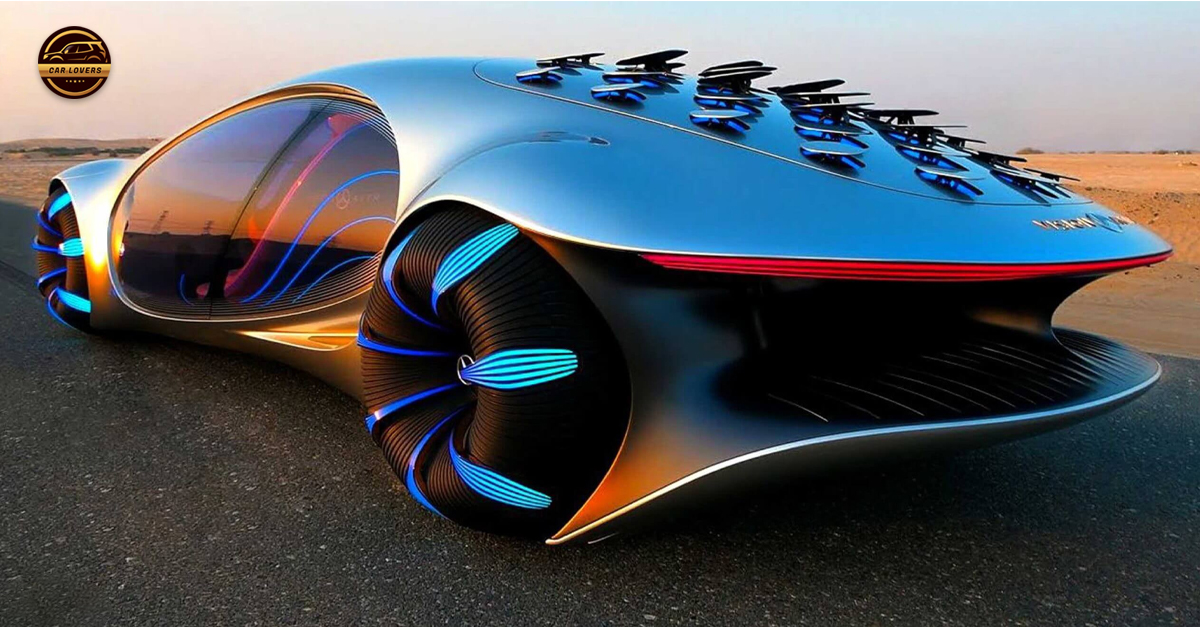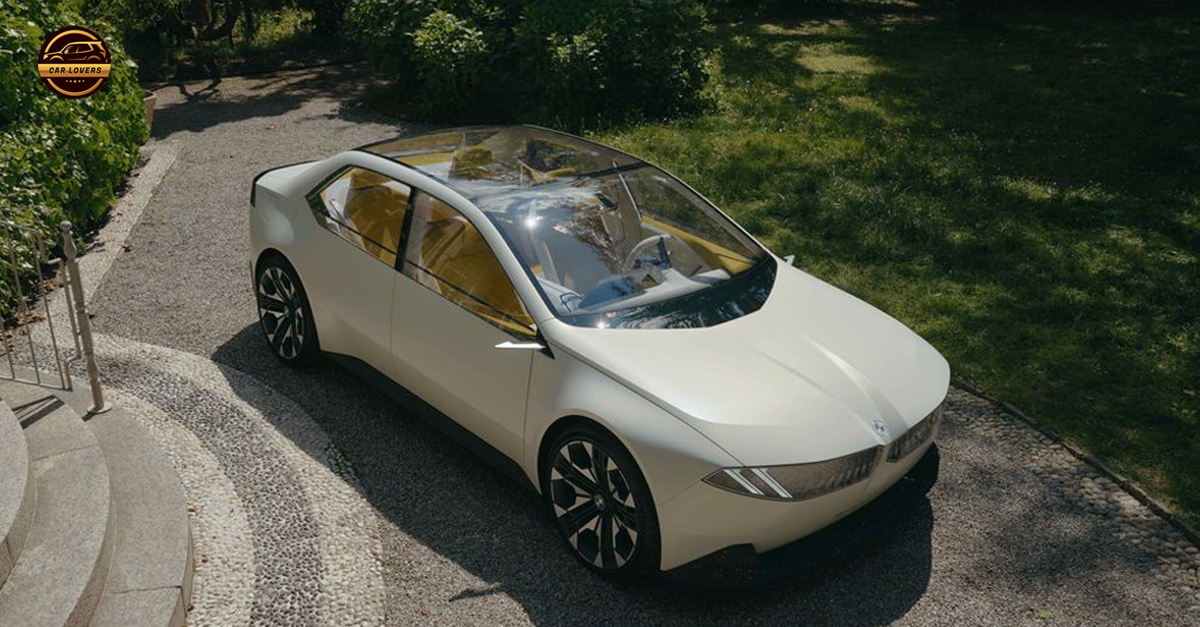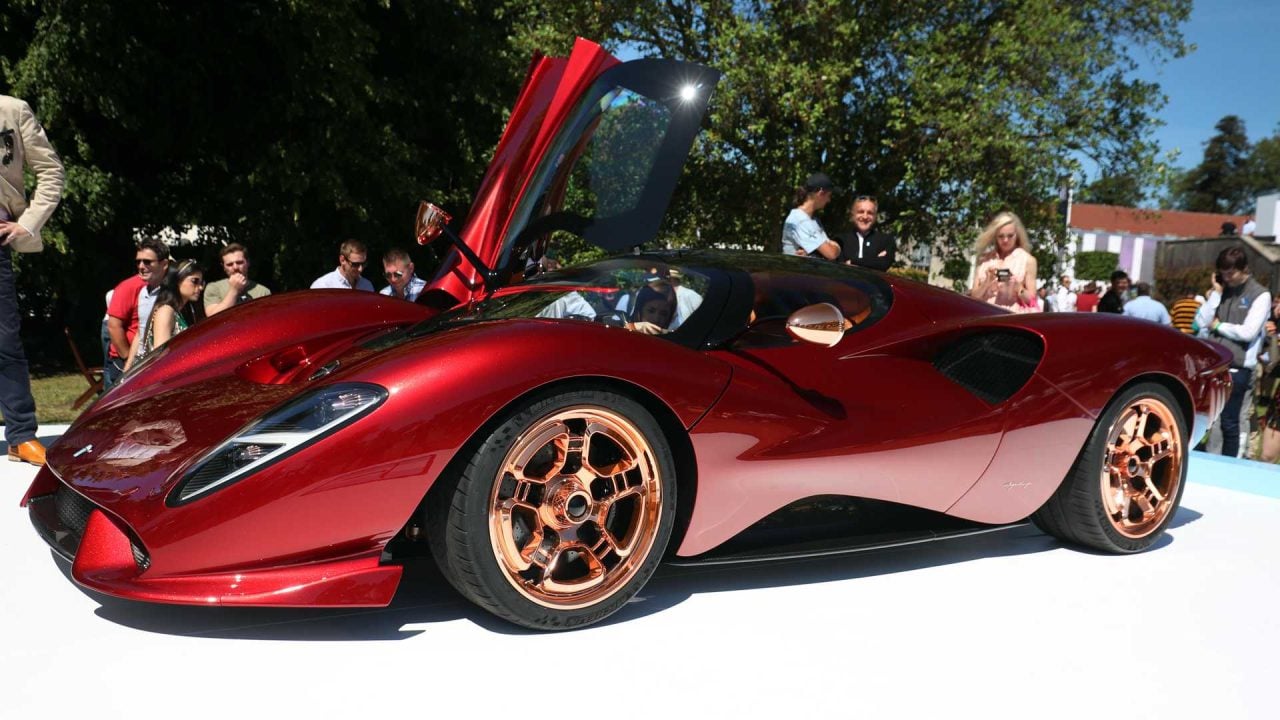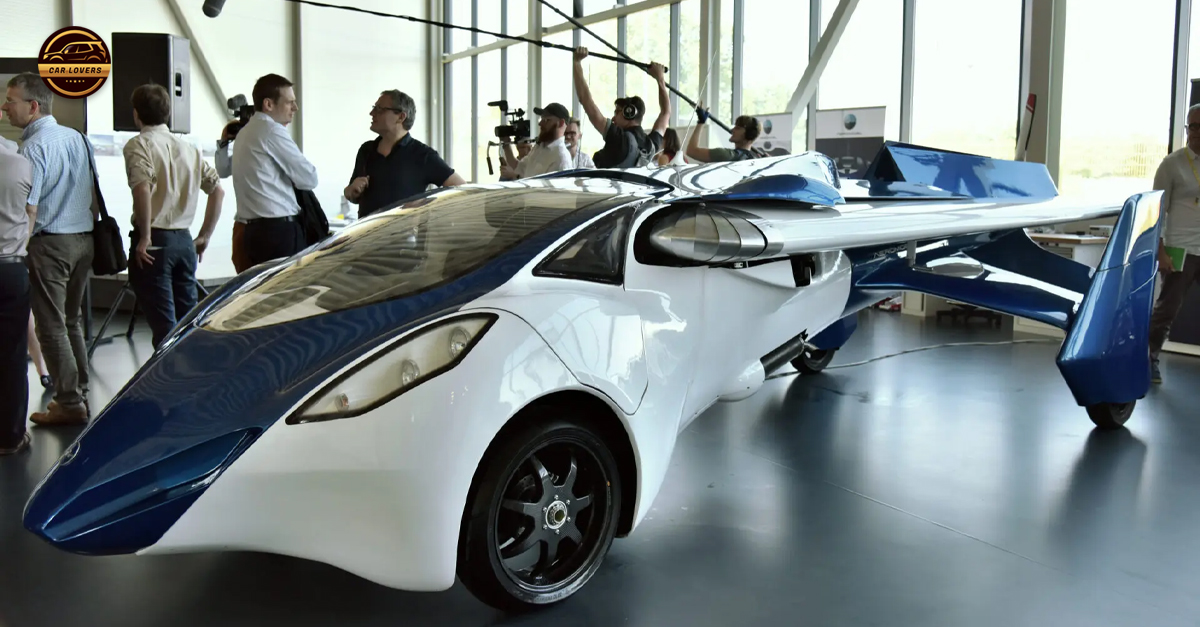
We traveled to China to drive the incredibly fast – and heavy – Lotus electric SUV, revealing how the British company is redefining its game.
Lotus founder Colin Chapman’s engineering philosophy was summed up in his famous phrase “simplify and lighten.” Which has not happened here. The Eletre is the most radical Lotus since, well, ever, packed with innovation and technology, including the promise that it will be one of the pioneers of high-ranking autonomy. But although the final weight has not yet been officially confirmed, it also weighs 2,404 kg. Which, to save you the need to search for it, is about four times as much as the 1969 Series 1 Elan Series 1, and almost three times as much as a 1996 Elise.

Are these things necessarily bad? Lotus has teetered between existential crises for most of its 75-year history, including several while Chapman, who died in 1982, was still alive. The company has also been perpetually a niche player, having produced fewer than 125,000 cars since its founding. The Eletre and the two sister models that will share its platform will be produced in unprecedented volumes for Lotus; starting in 2028, the plan is to make 150,000 each year at the new Wuhan, China plant . If electric vehicles become a hit, they may even supersede the city’s most notorious claim to fame.

LOTUS
First test drive with the Lotus Eletre
With our Autoweek mates , we’ve traveled to China to drive more mature pre-production versions of the Lotus Eletre . These weren’t disguised, as we weren’t allowed to leave the confines of the two 2-mile test track built next to the factory, but they weren’t fully finished cars, and engineers were still working to finalize the chassis setup. for European specifications . Cars that will go on sale later this year. In the United States they will have to wait until 2024.
Geely, which owns Lotus, is already one of the leading manufacturers of electric vehicles in China, where more than six million electric vehicles and PHEVs were purchased last year. But the Eletre will position itself above any of the Group’s other electrical products, including those made by Volvo and Polestar . Two versions of the Lotus will be offered, both with all-wheel drive via two engines. The standard Eletre and Eletre S will use twin 301hp electric motors, one turning each shaft, drawing a maximum of 600hp from the 112 kWh 800 volt battery pack. The range-topping Eletre R will swap out the standard rear electric motor for a more powerful 603bhp that works through a two-speed gearbox, giving a peak of 905bhp. That’s almost as long as the Tesla Model S Plaid . Luckily we were able to test both figures on the Eletre S and the Eletre R.

The basics are certainly impressive. In person the Eletre radiates presence. As we previously reported, the exterior dimensions are very close to those of a Lamborghini Urus , as the design bears some similarity as well. Beyond the badging, it would be hard to name anything about the Eletre’s exterior that has obvious Lotus DNA or a relationship to previous models. It’s also on a different scale, although as we discussed earlier, its 5.10-meter length, 2.23-meter width, 1.63-meter height, and 3.01-meter wheelbase are barely distinguishable. cm above, one cm below, from the Lamborghini SUV.

The interior is just as revolutionary; this is certainly the first Lotus to offer an in-seat massage function. The Eletre will only come with two rows, but with the option of having a rear bench or bucket seats offering four- or five-seat configurations. It’s roomy in both the front and rear, though visibility to the rear is limited by the rising glass line.
Up front, the driver gets a square steering wheel with a dash with three digital displays: driving information in front of the driver, a huge 15.1-inch OLED touchscreen in the center, and then another letterbox display in front of the passenger that can provide different types of information. It is the same design that has been seen in recent Ferraris. The materials are elegant and the standard of fit and finish of all the cars in Wuhan feels high.
A speed that seems not to falter
We begin aboard the Eletre S. The Eletre does not have an ignition key or any start-stop button; when an in-cab access card is detected, it is ready to go and Drive or Reverse can be selected. Throttle response is lag-free and proportional, and even in its smoothest drive mode, called Tour, the Eletre S feels impressively powerful: it launches hard enough to make your P-Zero tires squeal and, in the track’s main straight, accelerate past the point where most EVs start to falter; Lotus claims that even the less powerful Eletre has a top speed of 257.50 km/h. It also has a synth soundtrack that gives a good feel for speed and throttle position without being overbearing.
MORE PHOTOS
Standard air suspension and adaptive dampers allow the Eletre’s basic suspension settings to be smooth , made evident by the way its hood rises and dips under hard acceleration and braking. Selecting the firmer Sport mode reduces this, without introducing any apparent harshness . All the cars in China were equipped with the 48-volt active anti-roll system, which uses motors to apply torque to the anti-roll bars to counteract lean, and it worked well on the test track’s many hairpin turns.
Less convincing was the direction . This allows perceptible feedback to pass to the driver’s fingers, but working with the active rear-steer system that tries to lean the car in slower turns, it also denies the Eletre the linear responses that have always been one of the points of Lotus dynamic reference.

In this, he needed a lot of help. Regardless of dynamic mode, the Eletre S suffered from understeer in the many tight corners on the test track, also in the less tight ones, the front end opening wide each time power was applied. The combination of the demanding track layout, which is normally driven at lower speeds, plus the 95 degree temperatures were causing the tires to overheat and pressure to rise. Intelligent systems can disguise some of the laws of physics, but they can’t magically remove them.
Switching to the Eletre R gave us the opportunity to go even faster. The most powerful model feels just as civilized when driven on a smooth spot, the chassis setup just as plush in its Tour and Sport modes. But straight-line performance is in a different league , with the R being capable of generating the kind of G-forces that shuffle the positions of internal organs. Lotus claims a 0-60mph time of 2.9 seconds, which feels entirely doable after a full-throttle sprint from zero.
Comparing the Eletre to the brand’s sports cars will always find it wanting in terms of the virtues that come from lightness and simplicity.
More impressive is the rate at which acceleration continues to increase as speed increases . With Lotus factory manager Xi Tan manning the gun, I get to experience full throttle for almost the entire length of the main straight, while the Eletre R’s digital speedometer shows 240km/h, at the end of it. . Fortunately, the brakes are excellent, the standard iron discs harnessing momentum and absorbing large thermal loads without complaint; buyers will also be able to choose from optional carbon ceramics. The brake pedal feels firm and natural, blending friction and regenerative retardation invisibly.
The Eletre R also has an additional dynamic mode, Track, although many buyers are unlikely to choose an electric SUV for regular track use . On cooler tires, the R generated much less understeer than the S, which also made it easier to neutralize much of the remaining oomph by playing with the balance of the car. The R feels very stable, but not especially playful: The rear axle uses an open diff with torque bias by applying the brake on one side instead of using an active diff. Unlike other EVs, including the Kia EV6 GT and Hyundai Ioniq 5 N , it doesn’t feature a fun drift mode for more oversteer fun.

LOTUSA Lotus that opens new horizons
Other interesting elements of this new Lotus were just tested in Wuhan. The Eletre will support higher level autonomy, with LIDAR sensors deploying from the front fenders when the system is active, Lotus promises that it will be able to offer level 3 support (in markets that allow it) soon after the model launch. We also didn’t get a chance to test the top charging speed claims, with Lotus saying that peak DC charging of 420kW will allow the 113kWh pack to add up to 400km of range in just 20 minutes. The other unanswered question is what “standard” steering feels like, with Lotus planning to offer lower-spec versions without the variable-ratio rack and steered rear wheels. More natural, I suspect.

The Eletre is a different kind of Lotus, aimed at a different market. At first glance, it feels further removed from the company’s previous models than Porsche’s first Cayenne did at the time of its launch . Comparing the Eletre with the brand’s sports cars will always find it deficient in terms of the virtues that derive from lightness and simplicity. By contrast, no other Lotus has been able to accommodate four or five occupants in such space and comfort, or be able to drive itself. Wait a few years and Lotus may well be better known for the latest set of values than the more traditional ones.
